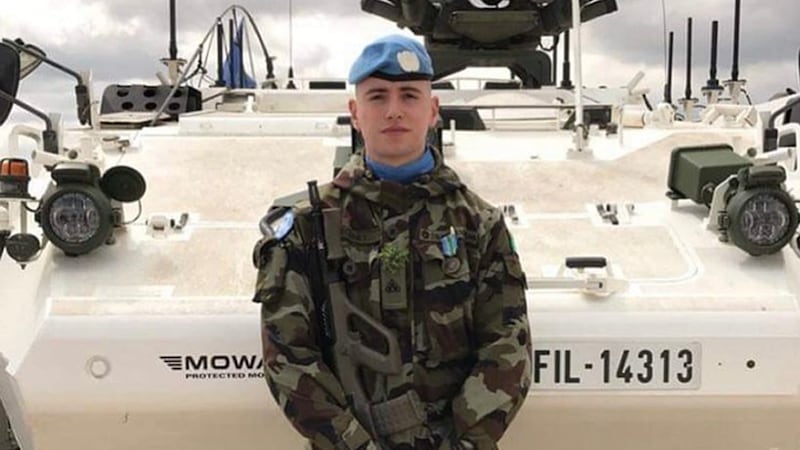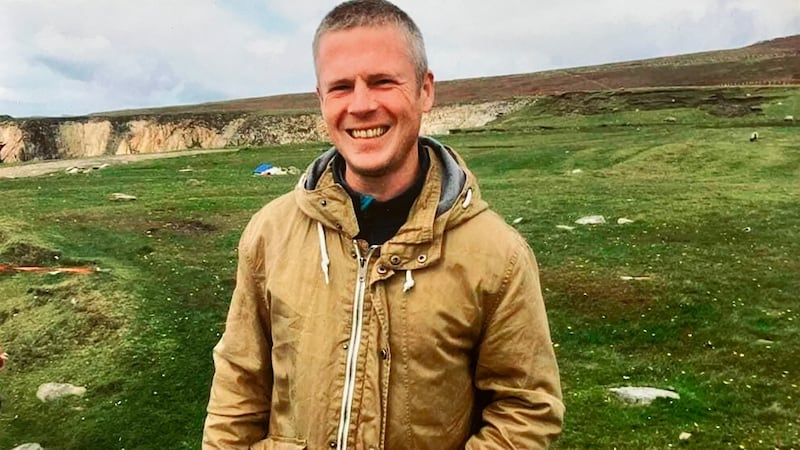On the grounds of allegations against a garda in Co Donegal, the Director of Public Prosecutions did not oppose a former Donegal nightclub owner's appeal against conviction, the Court of Criminal Appeal was told yesterday.
Mr Frank Shortt was convicted of knowingly permitting his club - The Point Inn at Quigley's Point, Inishowen - to be used for the sale and distribution of drugs.
Ms Miriam Reynolds SC, for the DPP, also indicated to the court that the DPP would not seek a retrial of Mr Shortt, of Redcastle, Co Donegal, because he had served a three-year sentence on foot on his conviction and "no useful purpose would be served".
Mr Shortt was charged with the drug offences in 1995. After an eight-day trial, he was convicted and sentenced to three years' jail and fined £10,000. He was released from prison in 1998.
The case of Mr Shortt is understood to have been one of the matters investigated by a Garda team headed by Assistant Commissioner Kevin Carty for almost a year. Mr Carty investigated alleged corrupt practices by gardai in Co Donegal.
Mr Shortt's case was before the three-judge court yesterday on foot of a motion for discovery of certain documents Mr Shortt was seeking for his appeal, including diaries, details of which were not specified in court.
When the matter was mentioned, Ms Reynolds said the DPP would not be resisting the grounds on which the application was based and would be asking the court to allow the appeal on grounds set out in the appeal which related to an allegation against a garda.
Ms Reynolds stressed these were "only allegations" that were under investigation and were the subject of a report sent by the DPP to decide whether action should be taken. She said there were allegations and these were among the grounds on which the appeal was brought to set aside the decision of the jury in the Shortt case.
The DPP was not resisting the appeal on grounds of "new and developing" factors which were not in existence at the time of the trial, Ms Reynolds said. She added that these "new and developing" factors were allegations only.
In light of the DPP's position, Ms Reynolds argued that the discovery issue was now at an end.
Mr Eoin McGonigal SC, with Mr Desmond Murphy, for Mr Shortt, said the most important thing was that the DPP was consenting to his client's conviction being set aside.
There remained a question whether the court should certify whether there was a miscarriage of justice and that could only be done if all the documents were before the court. It would probably require discovery to enable the matter be fully put before the court. He proposed the matter be adjourned to January.
The counsel for a woman who cannot be named, by order of the court, said the diaries were in the possession of her client's solicitor. Mr Justice Murray said the court would adjourn the motion for discovery to January 29th, on the basis that the diaries remained in the possession of the solicitor.











